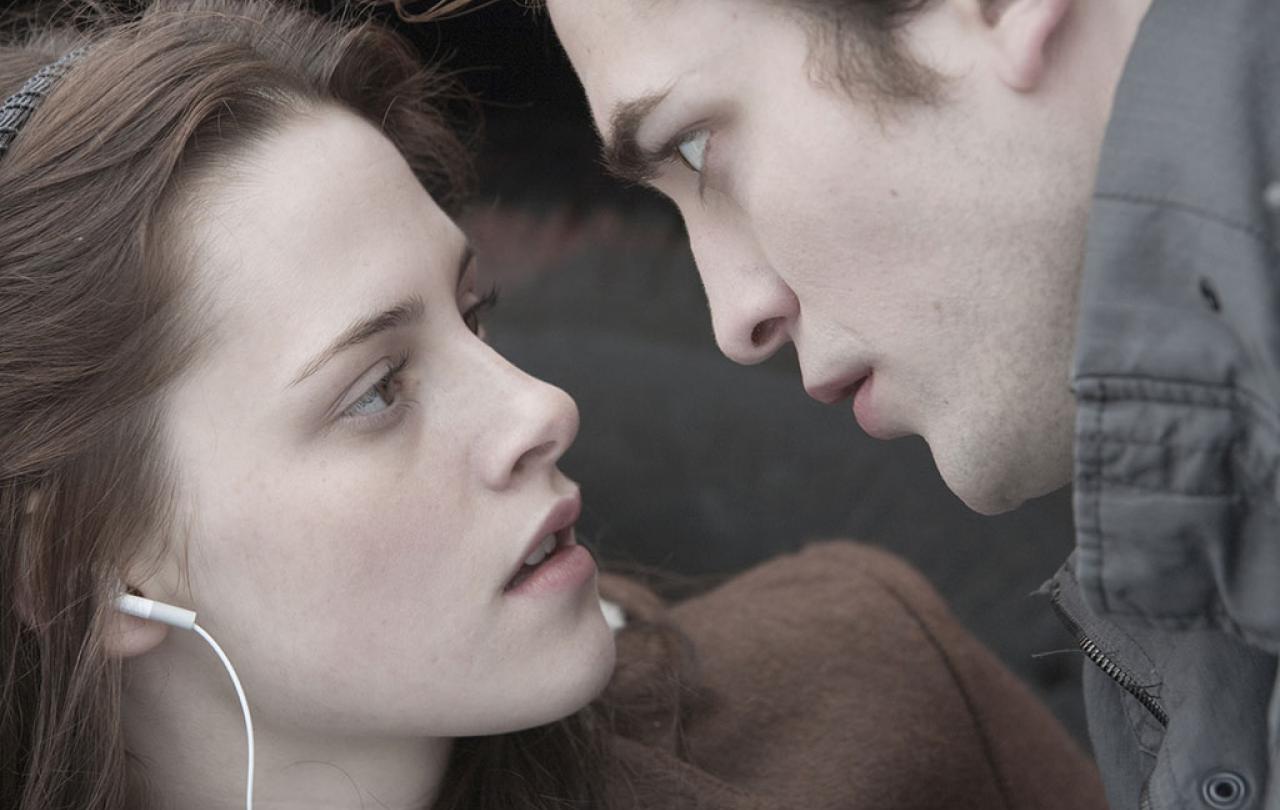There are two key moments in the Bible that first describe the rhythm of sabbath rest. The first is in the beginning of Genesis when God creates the heavens and the earth in six days. He ceases from all his work on the seventh day when he consecrates time and rests. The second is the Exodus when God delivers the people of Israel from slavery in Egypt. He leads them through the Sinai Peninsula and establishes in them a new rhythm for life.
In the Exodus story we’re told that God is like a father caring for Israel his ‘firstborn son’ as the former slaves adjust to their newfound freedom. He provides them with manna, or heavenly bread, that sustains them in their forty years of wandering. The gift, however, is followed by a command that the people should gather manna for six days as they travel through the desert but on the seventh day they are to rest from all their work. The Lord will provide their bread for that day, but the people are to cease from all activity and rest.
It's hard to imagine how many distractions they faced trying to set up and take down tents whilst moving family, flocks and possessions across the desert. Yet God wants to give these former slaves a new pattern, a new rhythm of life that will refresh them. The backbreaking labour in Egypt that never ceased is now replaced by a rhythm of work and rest.
God establishes one day for his people to pause, to reflect and to turn their attention away from their work in the world to the beauty of the world they inhabit. As they cease from their work, they are able to be present with one another and attentive to the God who delivered them to freedom.
Jewish rabbi and professor Abraham Joshua Heschel writes:
‘The meaning of the Sabbath is to celebrate time rather than space. Six days a week we live under the tyranny of things of space; on the Sabbath we try to become attuned to holiness in time. It is a day on which we are called upon to share in what is eternal in time. To turn from the results of creation to the mystery of creation; from the world of creation to the creation of the world.’
To inhabit sabbath time is to break from our daily routines, to cease from our work in the world so that we might find both mental and physical refreshment.
To turn towards the mystery of creation on the sabbath and to experience God’s rest also requires that we turn away from distraction. The Israelites put down their work in the wilderness and the distractions of travel so that they could rest with one another. Though they didn’t have smartphones buzzing and beeping with notifications, I’m sure it was still a challenge to stop, to rest, and to be attentive to God’s holiness in time.
The Israelites celebrated sabbath rest together. Their consecrated time was a communal time of joy and celebration. This new rhythm given by God strengthened bonds in families and communities and brought a corporate sense of rest. By setting aside the concerns of work and the distractions of life, the Israelites became attuned to God and attuned to one another. This pattern for life, however, is sadly missing for many in our digital world today which can be a very lonely place for many.






